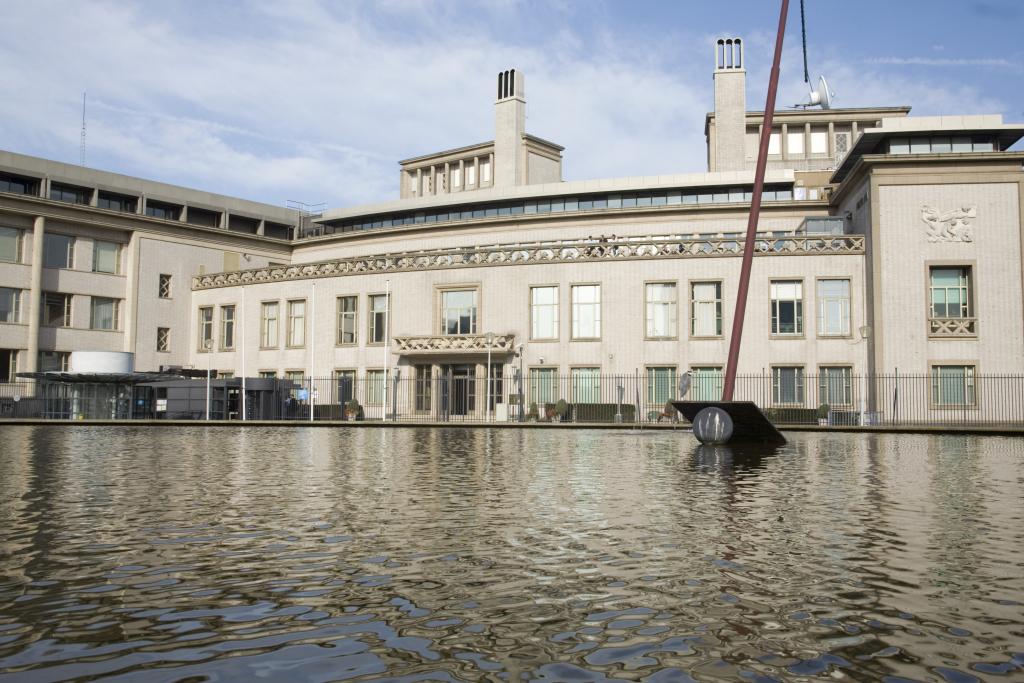Legal studies on international adjudication tend to focus on the merits of the claims underlying particular disputes, the procedure followed before the adjudicatory body or the ensuing decisions, with the pre-litigation phase remaining largely underexplored. The research project focuses on the latter, trying to identify why states choose to litigate their disputes before international courts and tribunals. States are often said to be reluctant to consent to the jurisdiction of international courts and tribunals and let the latter adjudicate their disputes. Various reasons have been advanced in the literature to explain such reluctance, ranging from the mistrust in a particular adjudicatory institution to the unpredictability of outcomes owing to the ambiguity of applicable rules and principles. Although such contingent reasons can partly explain the attitude of states towards international adjudication, they are only particular manifestations of a more general phenomenon, which is the desire of all governments to keep control over the decisions that affect them.
Yet it is a fact that states do voluntarily commit, and actually submit disputes they are involved in, to international adjudication, which raises the question of why states agree to give up decision control they would otherwise have. The present project investigates that question with a view to providing a systematic and theoretically informed account of state practice. Its premise is that states rarely use international courts and tribunals out of a principled commitment to the rule of law in international affairs. Practical considerations of a tactical or strategic nature often guide states’ choices in this matter. They may be systematic and form part of what has been described by an experienced practitioner as “foreign legal policy” or ad hoc attempts to cope with a given situation. The dynamics of domestic social and political actors may also affect such decisions.
Using a multidisciplinary perspective and combining qualitative and quantitative tools, this project seeks to identify and analyze the factors that lead states to commit and have recourse to international adjudication, in order to provide the first systematic and empirically informed theoretical account of the relevant state behavior. As such, it is expected to contribute to a better understanding of the role of international adjudication and the interplay between law and politics in global governance.
Timeline: September 2019 - Feb 2023
Funding organisation:





